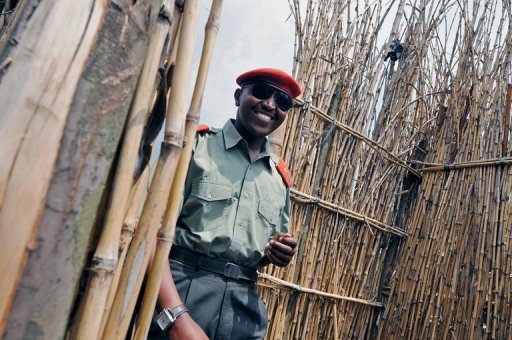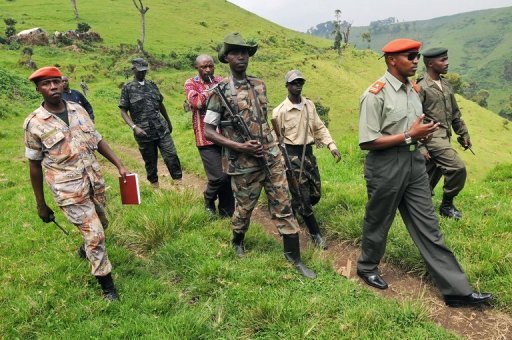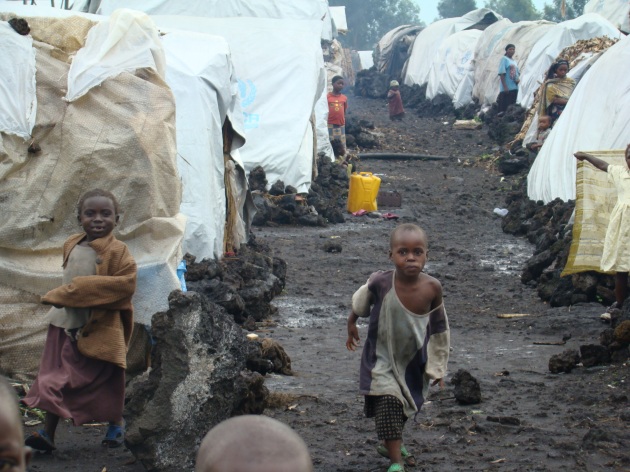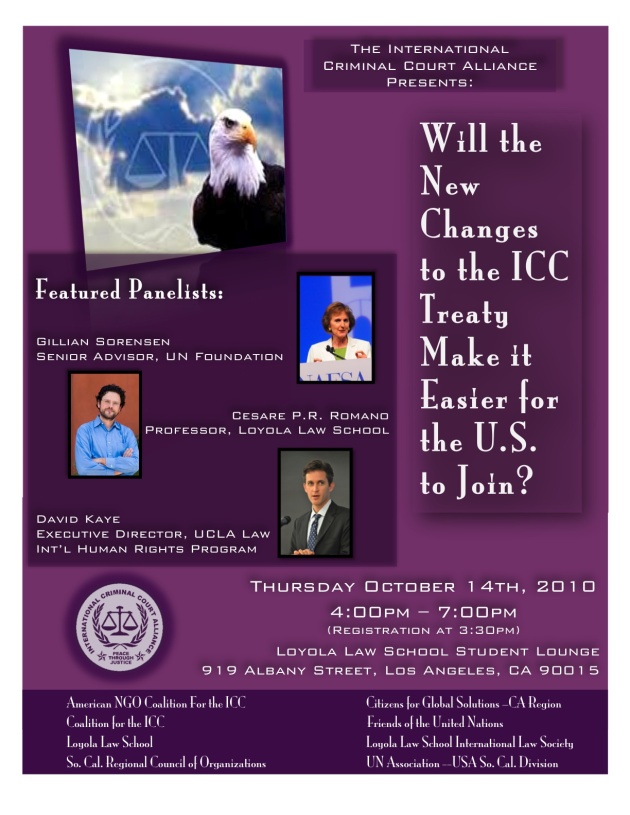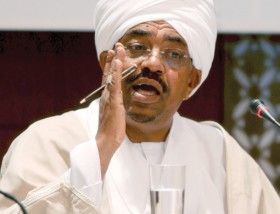Realizing the Gravity of the Situation in the Congo
May 17, 2012 Leave a comment
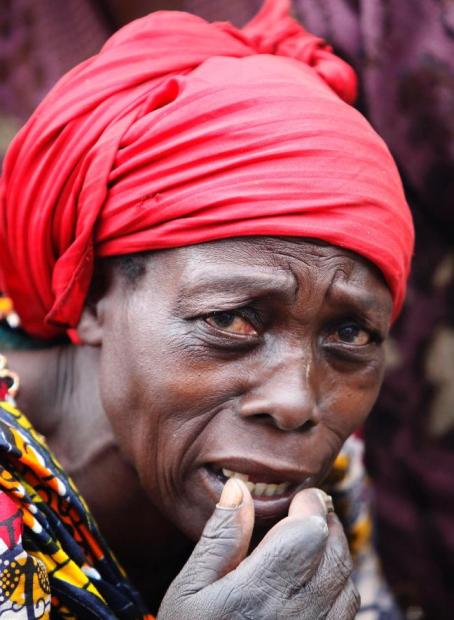
A refugee from the Democratic Republic of Congo reacts to camera as she arrives at the Nyakabande refugee transit camp in Kisoro town 521km (312 miles) southwest of Uganda capital Kampala (REUTERS/James Akena)
“There were so many of them. They came at 1:30 p.m. We were almost done with the school day. [The fighters] asked us to exit the room and then they took us behind the school building. They tied my hands with a rope. All of us were tied up. Then they marched us to the hill…. They told us we would fight for Bosco [Ntaganda]…. They informed us that we would liberate our country by giving our support to Bosco Ntaganda. We must support him so that our Congo would not be taken by others.” A 17-year-old student at Mapendano secondary school told Human Rights Watch.
A new Human Rights Watch report says Bosco Ntaganda’s troops, an estimated 300 to 600 soldiers who followed him in his mutiny, forcibly recruited at least 149 boys and young men around Kilolirwe, Kingi, Kabati, and other locations on the road to Kitchanga, in Masisi, North Kivu province, between April 19 and May 4. At least 48 were children under age 18. Human Rights Watch Senior Africa Researcher Anneke Van Woudenberg says much of the forced recruitment has targeted schools.
In mid-April, Ntaganda and fighters under his command told those living in towns and villages under their control that children and young men were needed for their forces. One woman from Birambizo told Human Rights Watch that Ntaganda personally came to her village and said, “Since you [villagers] have been with the government, you’ve gotten nothing. Why not join me?” The woman said: “[Ntaganda] asked us to give our children, our students, to him to fight. He came to our village himself, like [detained rebel leader Laurent] Nkunda used to do. But we refused and said our children should go to school.”
Now that the situation is exponentially getting out of control, the International Criminal Court (ICC) has decided to expand its charges on Bosco and also pursue the arrest of Sylvestre Mudacumura, military commander of the Democratic Forces for the Liberation of Rwanda (FDLR) militia. ICC chief prosecutor Luis Moreno-Ocampo said Monday he wanted to add charges of crimes against humanity for murder, ethnic persecution, rape and sexual slavery. He also sought war crimes charges for “intentional attacks” against civilians that led to murder, rape, sexual slavery and pillaging. And for Mudacumura, military commander of the Democratic Forces for the Liberation of Rwanda (FDLR) militia, the prosecutor is seeking five counts of crimes against humanity — murder, inhumane acts, rape and torture — and nine war crimes charges. This is hopeful and encouraging news, but why did it take the ICC this long?
Both of these very dangerous men have killed millions over the past 20 years and they were charged with much less than what they commited, like Thomas Lubnaga. Luis Moreno-Ocampo said that an examination of the evidence collected during the Lubanga trial has led the Office of the Prosecutor to request an expansion of the arrest warrant against Ntaganda for murder, persecution based on ethnic grounds, rape, sexual slavery, attacking civilians and pillaging. Ntaganda was a close associate of Lubanga, who in March became the first person to be convicted by the ICC.
“The followers of Ntaganda and Mudacumura have to understand that it is time for them to demobilize and stop their crimes, even help in arresting the leaders,” the ICC prosecutor, whose term of office comes to an end next month, said.
